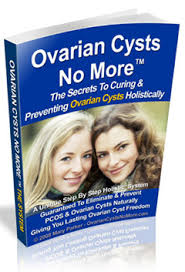Benefits of Natural Remedies for Ovarian Cysts
More and more women are turning to natural remedies for ovarian cysts. Initially, women diagnosed with the condition will use traditional medications; but soon, they will learn they are better off using natural remedies instead. They do not have to contend with the harmful side effects associated with drugs and other traditional remedies.
Two herbs make great natural remedies for this condition are Echinacea and milk thistle. Aside from being known to ease the pain that comes with ovarian cysts, Echinacea is also dependable in holding off head colds. In addition, it can be taken daily without apparent harmful side effects. Milk thistle has the same beneficial effects as well. Both are readily available at stores that specialize in health foods. However, it best for women to consult their doctor first before taking these herbs, especially when they are taking drug-based medication, to avoid possible reactions between them.
Following a regulated diet is another ovarian cyst remedy. Some foods such as meat and diary products are known to exacerbate ovarian cysts and these are better avoided. A diet consisting mostly vegetables is said to be effective in easing discomfort and pain. Leafy and green vegetables are delicious and have plenty of nutrients that can help cure ovarian cysts.
A lot of women have ovarian cysts, although many are unaware of it. At some point, however, the cysts grow and even become malignant. Traditional medications usually involve taking drugs and surgery. A good alternative to this is using natural remedies. There are herbs that can shrink the cysts to insignificant size and can even eradicate them completely. The appropriate diet can strengthen the body’s system, allowing it to fight the condition more effectively.
There is no need to continue to suffer from the condition. Natural remedies for ovarian cysts are not new and many women have benefited from them.
Labels: cysts, ovarian cyst symptoms, ovarian cysts, PCOS symptoms, remedies for ovarian cysts, treatment for ovarian cysts


